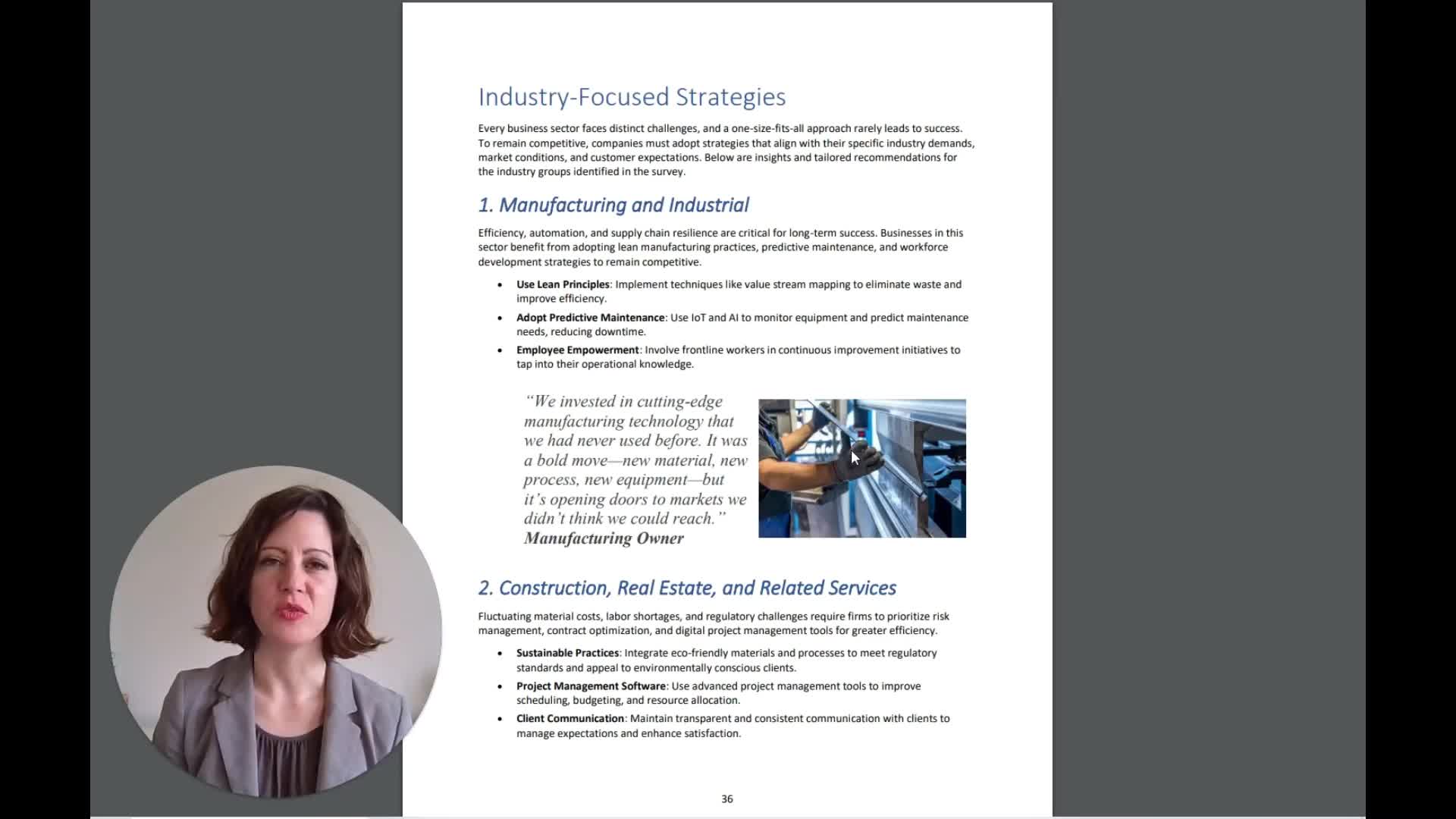Corporate Culture
Corporate culture, often described as the personality of an organization, encapsulates the shared values, beliefs, and practices that shape the way employees interact and conduct business. This collective mindset influences everything from employee behavior to organizational performance, making it a crucial component of any successful business strategy. In recent years, the significance of workplace culture has surged, with studies indicating that companies with strong corporate cultures achieve better financial outcomes, higher employee satisfaction, and enhanced overall productivity. Terms like **company culture**, **workplace culture**, and **organizational culture** are frequently used to assess and articulate this vital aspect of business. Understanding corporate culture involves recognizing its various elements, such as clear mission statements, defined values like respect and teamwork, effective communication, and the promotion of diversity and inclusion. These components not only drive employee engagement but also foster a working environment that encourages innovation and creativity. As businesses face challenges such as high turnover rates and declining engagement, fostering a positive culture has emerged as a strategic imperative. In fact, recent surveys reveal that nearly half of employees are considering leaving their jobs due to poor cultural alignment. Thus, for organizations aiming to thrive in today's competitive landscape, investing in a robust corporate culture is essential for attracting and retaining talent while simultaneously enhancing overall business performance.
What are the key challenges and strategies for success in the manufacturing industry?
In manufacturing, the biggest challenges include workforce shortages of qualified skilled workers, employee retention issues, and adapting to new technologies. For success, businesses should focus on efficiency, automation, and supply chain resilience. While pay is important for retention, workplace culture also matters greatly - employees need to feel appreciated and have flexible schedules. Lean manufacturing principles like value stream mapping and waste elimination remain crucial. Digital tools such as AI, Internet of Things, and predictive maintenance can help anticipate equipment needs and streamline operations. Companies must overcome resistance to change while creating supportive work environments that still maintain productivity.
Watch clip answer (03:52m)What role does company culture and values play in attracting talent and building relationships with customers?
According to Jeff Weiner, company culture and values are increasingly important in attracting talent, particularly among millennials who are more driven by purpose than traditional motivators like compensation or titles. The culture of an organization isn't just about results but how those results are achieved. This purpose-driven approach creates a sense of belonging and meaning for employees. Weiner notes this extends beyond employees to customers, who now have transparent views into company operations through social media. Customers increasingly make purchasing decisions based not just on product quality, but on what companies stand for and how they conduct business. This makes clearly defined values and culture essential for building relationships with all key constituents in a company's ecosystem.
Watch clip answer (02:47m)What is Brian Halligan's current role as a CEO coach and how does he approach this work?
Brian Halligan, founder and former CEO of HubSpot, now primarily coaches CEOs, particularly startup founders going through similar growth journeys as HubSpot experienced. He divides companies into "kids table" (5-50 million in revenue) and "adults table" (50-500 million). His coaching approach combines sharing lessons from his own mistakes with one-on-one vulnerable conversations. Rather than focusing on weaknesses, he helps CEOs understand their challenges, validates their concerns, and shares best practices. Halligan finds this work deeply rewarding as it allows him to give back while helping executives navigate common growth challenges.
Watch clip answer (03:44m)What is Edgar H. Schein's approach to effective career counseling?
According to Schein, effective career counseling requires learning how to match individual qualities with the environment where one plans to work. He views career counseling fundamentally as a matching problem between a person's values and what their potential workplace values and affords. This approach is particularly valuable for PhD students entering faculty roles, as it emphasizes understanding both institutional culture and one's own career anchors. By identifying personal priorities such as autonomy or security and matching them with organizational values, individuals can make more informed career decisions that lead to fulfillment and professional success.
Watch clip answer (00:17m)Why is there a rise of CEOs of Indian origin in global leadership positions?
Indian upbringing builds resilience, flexibility and problem-solving abilities that are crucial for CEO roles. Growing up in India instills the recognition that things may not be perfect, but solutions must be found regardless - a key CEO skill. Additionally, Indian leaders often possess an ability to bring people together and build strong teams around a shared vision. These leaders combine their cultural strengths with opportunities available in Western markets, resulting in tremendous success. Notable examples like Indra Nooyi, Satya Nadella, and Sundar Pichai demonstrate how their humble personalities enable them to attract talent to execute their vision. Beyond CEOs in Western companies, we're also witnessing the rise of Indian-grown global companies of massive scale and substance.
Watch clip answer (02:44m)What is the main challenge to developing more women entrepreneurs?
According to Fred Wilson, the main challenge is women's belief in their own potential for success as entrepreneurs. He emphasizes that a lack of female role models in popular culture contributes to the perception that entrepreneurship is 'a man thing.' When entrepreneurs are portrayed in media - whether in movies, TV shows, books, or online - they are predominantly depicted as men. Wilson believes that increasing the visibility of women entrepreneurs as role models would quickly shift perspectives, encouraging more women to pursue entrepreneurial paths.
Watch clip answer (01:15m)




